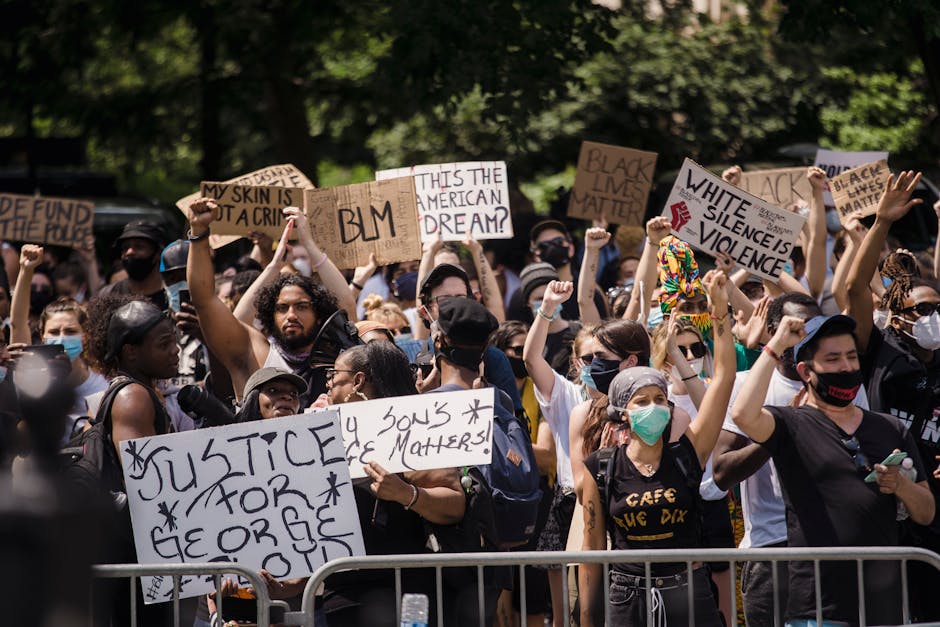
Reshaping the Narrative of Injustice
Reshaping the Narrative of Injustice
Injustice is pervasive in our society, shaping the lives of countless individuals and communities. It is crucial that we explore new ways to challenge and transform this narrative of injustice, in order to bring about positive change. By reshaping the narrative, we can create a more just and inclusive society for all.
One powerful strategy for reshaping the narrative is to amplify the voices of those who have been marginalized and oppressed. By giving them a platform to share their stories and perspectives, we can challenge the dominant narrative and highlight the injustices they face. This can help create empathy and understanding among others, and pave the way for collective action.
Another important aspect of reshaping the narrative is to critically examine existing narratives and question their underlying assumptions. Often, injustices are perpetuated by deeply ingrained biases and prejudices that go unchecked. By analyzing and challenging these narratives, we can uncover the hidden injustices and work towards dismantling them.
Reshaping the narrative of injustice also involves highlighting the systemic and structural factors that perpetuate inequality. This can be done through research, data analysis, and storytelling. By presenting evidence of injustice and its root causes, we can build a compelling case for structural change and systemic reform.
Furthermore, it is essential to engage in dialogue and collective action to reshape the narrative. This can be done through community organizing, advocacy, and activism. By coming together, sharing ideas and resources, and taking collective action, we can challenge the existing narrative and create spaces for alternative narratives to emerge.
Reshaping the narrative of injustice is an ongoing process. It requires continuous learning, critical reflection, and a commitment to challenging the status quo. By embracing diverse perspectives, amplifying marginalized voices, questioning existing narratives, highlighting systemic factors, and taking collective action, we can work towards a more just and equitable society for all.
